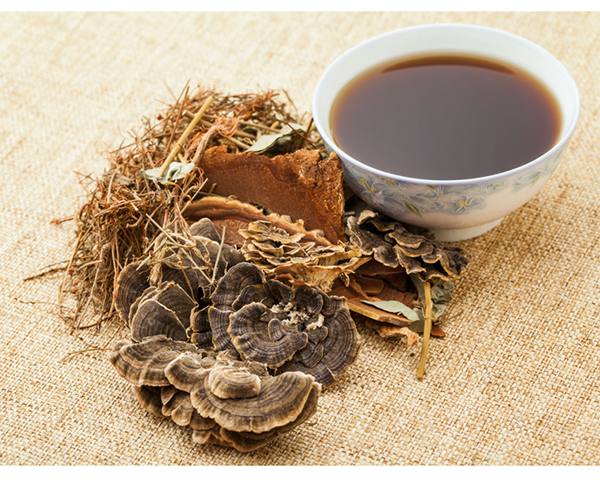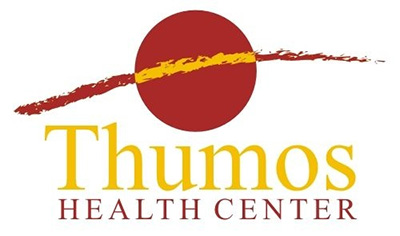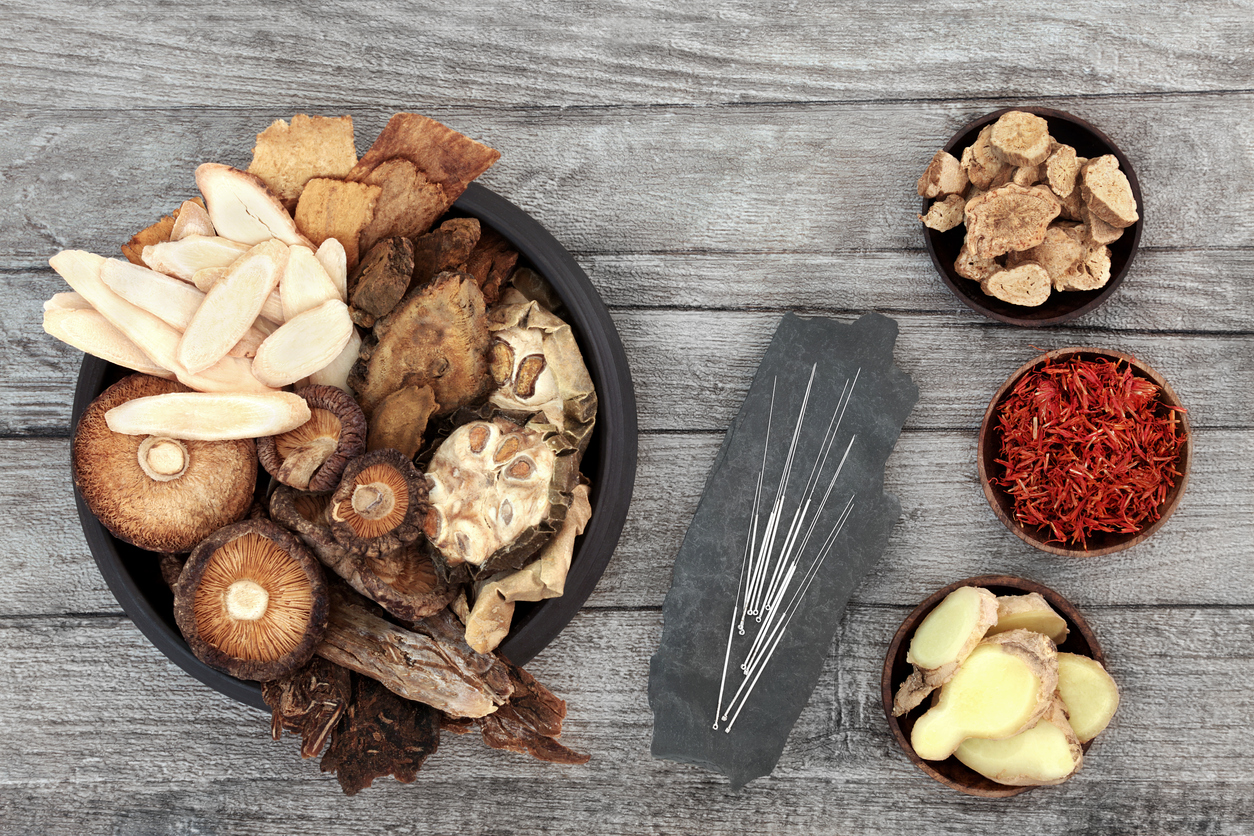by bryan
Share
by bryan
Share

Traditional Chinese medicine, or TCM, refers to the health care practices that have evolved over thousands of years of practice in China and throughout the East. Today, TCM has made great strides in the Western world, including the United States, where it is generally thought of as a complementary practice. TCM includes not only acupuncture, but also herbal remedies, lifestyle and nutritional changes, and a holistic approach to treating both the mind and body. Here is a basic overview of TCM.
Qi Theory
Although TCM encompasses many different elements, they are all brought together by the theory of Qi. According to Eastern thought, Qi is the vital life force that flows through all living things. Due to illness, trauma, and the stressors of daily life, though, Qi can become blocked. When Qi is blocked, overall wellness suffers. Therefore, the goal of TCM is to unblock the Qi, gently guiding it towards parts of the body that need extra support and otherwise allowing it to flow freely.
In the United States, this is most often accomplished through acupuncture and the use of herbal medicines, along with nutritional supplements and lifestyle changes. Tai chi may also be recommended.
Chinese Medicine Effectiveness
TCM is generally considered safe, with some caveats. In particular, it is essential to select an experienced acupuncturist who follows the latest safety and sterilization procedures. Likewise, if you choose to try Chinese herbal remedies or nutritional supplements, purchase them only from a reputable supplier who uses only safe, food-grade herbs with no additives. There have been reports of contaminated products reaching the U.S. market. In addition, like any medication, Chinese herbal preparations can interact with certain prescription and over the counter drugs. Give your TCM practitioner a complete list of all medications and supplements you currently take.
Although the effectiveness of TCM is still under debate in many circles, a growing body of scientific, double-blind research has shown it to be effective for treating many conditions. Quite a few insurance companies are starting to pay for it, and many Western physicians are willing to work with TCM practitioners to develop a multi-pronged, holistic approach to health and wellness. Always get your doctor’s approval before you begin TCM.
Considerations Before Starting TCM
In the United States, TCM is generally considered complementary medicine. Always speak to your healthcare provider before starting TCM. In addition, take the time to do some research. Look for credible research studies on the safety and effectiveness of TCM for the health condition you face. Check your TCM practitioner’s training, experience, and credentials.
Keep all health professionals you use in the loop. Let your TCM provider know of any doctors you visited and medications you were prescribed since your last visit. Likewise, whenever you see a Western doctor, disclose all TCM methods you are currently using. Some TCM practices, such as cupping, can leave mild bruises that could be mistaken for signs of abuse. Make sure your Western doctors know where the marks came from.
Located in Pacific Palisades, with satellite clinics in Santa Monica, Sherman Oaks, and Beverly Hills, Thumos Health Center offers patients exceptional personalized care. If you are ready to take the first steps toward a more integrative approach to your health care, we invite you to phone 310-428-1215 to schedule an appointment at any of our Los Angeles locations. Our highly knowledgeable and friendly staff will be happy to answer any questions or concerns you might have.
Have you ever paid attention to the foods that are in season during different parts of the year? In Traditional Chinese Medicine, there is the belief that the earth provides
Have you heard of holistic medicine? Some would say holistic medicine has changed their lives. Others are still skeptical about its effectiveness. What exactly is holistic medicine?



